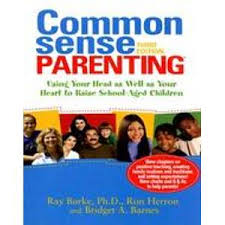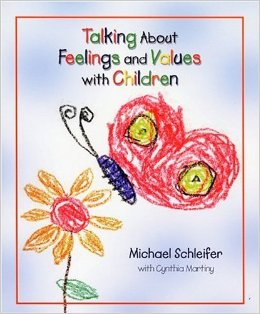I'm looking for...
Counselor/Psychologist
Page Navigation
- Mrs. Amanda M. Miller - Elementary School Counselor
- Printable Community Resource List
- Pine Valley Comprehensive School Counseling Plan K-12
- CASS-Creating A Safe School
- Monthly CASS Themes
- PBIS at the Elementary School
- In the News
- Helpful Links for Parents
- What Can We Do About Bullying?
- Crisis Numbers
- Anxiety Resources
- Anger Resources
- Depression Resources
- Grief Resources
- Community Resources
- Welcome to Middle School!
Welcome to the Page for Parents
-
Bullying continues to be a source of concern in school across America. Constant bullying can lead to anxiety, depression, anger, and low self-esteem in children who are victimized. It is important to talk to your children about bullying and the appropriate means by which to handle the harassment and protect themselves socially, emotionally, and physically. Open communication with your child is the key to understanding your child's perspective and providing them with the guidance and insight they need to cope and be resilient. Be proactive. Look for the signs that your child may be getting bullied (withdrawal, fear of going to school, increased concern over appearance, angry outbursts, and crying spells). Sit down and talk to your child about their thoughts and feelings. Engage your child in active communication about all topics, especially bullying.Improving Communication With Your ChildCommunication is vital to creating and maintaining a strong relationship with your child. As a parent, you need to ask who, what, where, and when. Engage your child in talking about their day, the events that happened, and how they felt about it. Children need to learn how to express their thoughts and feelings to others, especially to their parents. Practice these skills with your child everyday. Devote time alone with your child, away from distractions, to talk about how they are and what is going on in their lives. The proactive parent is involved and is concerned. Be proactive. Learn to hold family meetings every week. This will encourage open communication between all family members and will strengthen the bond within your family.DisciplineChildren want and need to understand the rules of their world. They want to know what is expected of them, what is appropriate behavior, how far they can go, and what the consequences will be if they go too far. Setting limits and providing clear and consistent consequences not only increases the harmony of your home but provides children with vital moral development and contributes to a child setting their own personal limits and boundaries. Limits define a path of acceptable behavior and define the roles that exist within the family dynamic.Study SkillsTeaching children strong study skills is vital to their success in school and their overall commitment to education. Children need to learn the value and importance of completing homework, reading books, researching a topic of interest, and studying for tests. These skills set the stage for future success in high school, college, and beyond.

Click Here for Suggested Reading Resources for Parents
-

Scream-free Parenting
by Hal Edward Runkel Year Published:The Revolutionary Approach to Raising Your Kids and Keeping Your Cool
10 Days to a Less Distracted Child
by Jeffery Bernstein Year Published:Changing the Course of Your Child's Life
Because I Said So!
by Lauri Berkenkam, Steven Atkins, and Charlie Woglom Year Published:Family Squabbles and How to Handle Them (Go Parents! Guide)
Calming The Family Storm
by Gary D. McKay and Steven A. Maybell Year Published:Anger Management for Moms, Dads, and all the Kids
Common Sense Parenting
by Ray Burke, Ron Herron, and Bridget A. Barnes Year Published:Using Your Head as well as Your Heart to Raise School-Aged Children
Our Family Meeting Book
by Elaine Hightower, Betsy Riley, and Michele Borba Year Published:Fun and Easy Ways to Manage Time, Build Communication, and Share Responsibility Week by WeekParents Assuring Student Success
by John R. Ban Year Published:
Setting Limits with Your Strong-Willed Child
by Robert J. Mackenzie, Ed. D Year Published:Eliminating Conflict by Establishing Clear, Firm, and Respectful Boundaries
Talking About Feelings and Values With Children
by By: Micheal Schleifer and Cynthia Martiny Year Published:
The Parent's Book About Bullying
by William Voors Year Published:Changing the Course of Your Child's Life
Copyright © 2025 Finalsite - all rights reserved.

